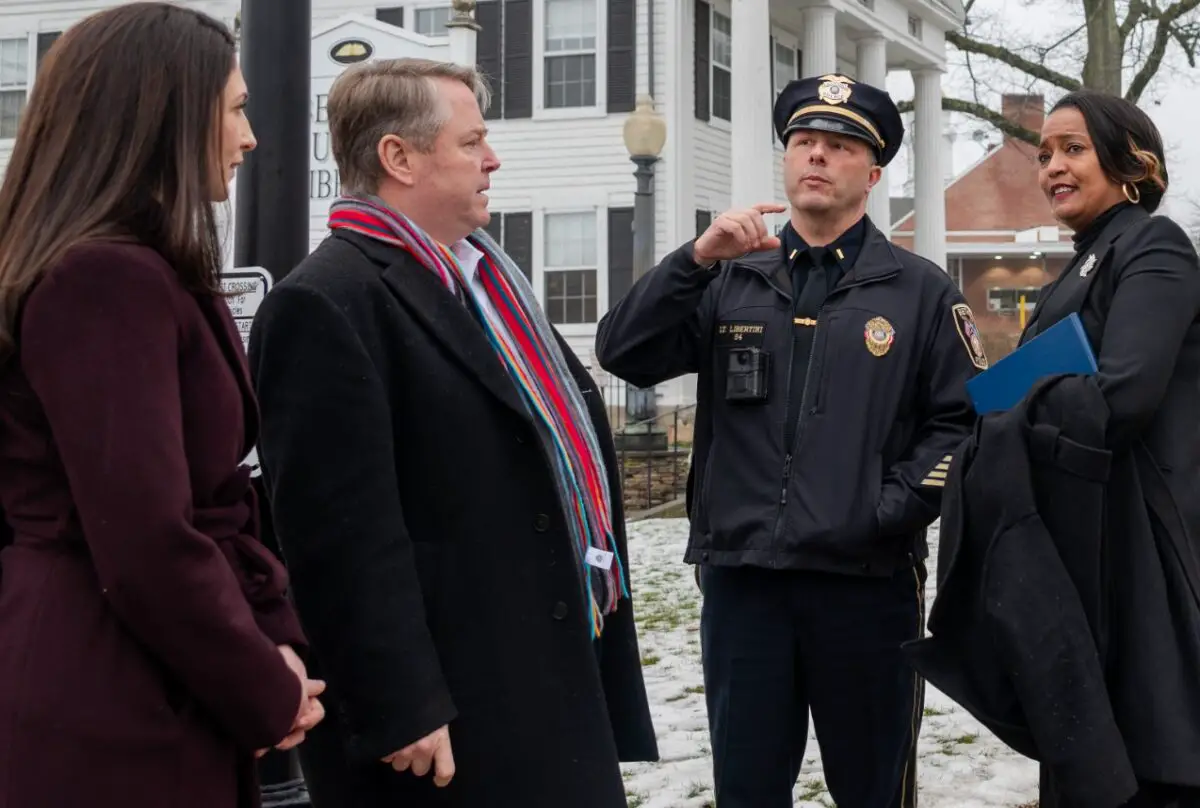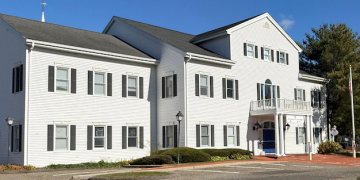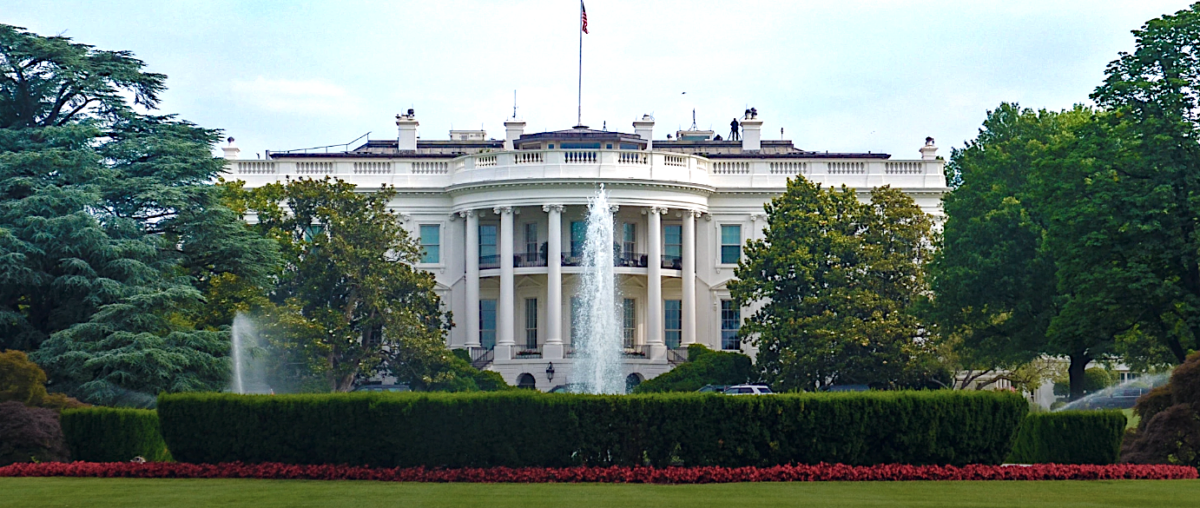
The Western Connecticut Council of Governments (WestCOG) joined local elected officials at Bethel Town Hall on Jan. 23 to announce the receipt of a federal grant worth almost $4 million.
The funds will be used to modernize crosswalks throughout the greater Danbury area. The upgraded crosswalks will feature high-visibility markings including reflective materials in road markings, improved lighting to make pedestrians visible in all conditions and additional signage. Only 46 grants were awarded through the program.
“We’re very excited that the U.S. Department of Transportation selected this grant application,” said Kristin Hadjstylianos, WestCOG’s transportation director. “We will be receiving $3.9 million in federal funds for this project. The goal is to implement improvements at approximately 90 locations throughout Western Connecticut. I think many of you over the years have heard some alarming news about increasing trends around crashes, particularly crashes involving fatalities of pedestrians and cyclists. I think we can all agree that this is something that needs to be addressed.”
“Back in 2019, we were very fortunate to receive funding through the Connecticut Department of Transportation to develop our first regional transportation safety plan,” she added. “Together, these improvements will facilitate a safer walking and cycling environment, increase access to transit by improving access to bus stops and help reduce speeding.”
Hadjstylianos explained that a WestCOG study based on five years of crash data was used to develop a comprehensive plan for improving road safety across the western part of the state. She described the resulting plan developed through collaboration between the Connecticut Department of Transportation and local municipal governments as a success that provided the basis to apply for the federal Safe Streets and Roads for All grant program.
“This is a really competitive grant and what put us over the top, and we’ve seen it over and over and over throughout the state, is that we are prepared,” said Rep. Jahana Hayes, who represents the 5th Congressional District. “There are very short windows when these grants open up and you have to submit the application, all the supporting data and Connecticut has some of the best reporting data for traffic fatalities, the studies, the data. All the information was right there. No technical corrections. These grants are being awarded because you guys have taken the time to really spell out why it’s important and why we need it here,” Hayes added.
“The most important thing (municipal leaders) worry about is the safety of the town,” said Bethel First Selectman Dan Carter. “When I started this job, the most important thing I thought about was Greenwood Avenue, I worried about somebody getting run over.”
Carter declared that the improvements would save lives in Bethel and the surrounding area.
Mayor Roberto Alves of Danbury praised the state’s federal legislators for securing funding for needed projects and noted that the impact of many infrastructure projects may be bigger than immediately apparent.
“Danbury’s got 26 projects on roads that aren’t just for Danbury,” said Alves. “These are roads that just about anybody who’s here drives. We’re talking about Main Street, about White Street, Federal Road, Newtown Road.”
“The more we can work together, the better this will be,” Alves added, noting that he often takes his children to Doctor Mike’s Ice-cream in downtown Bethel. He also noted the work involved will also provide employment opportunities across the region.
The successful grant application is notable not only for the impact it will have on improving regional road safety, but because it illustrates that WestCOG and other Councils of Governments across the state can viably apply for federal funds aimed at county level governments.
“I’m sure many of the municipal staff members can attest to applying for these federal grants, receiving them and going through the grant administration process can be fairly cumbersome, there’s a lot of requirements,” said Hadjstylianos. “Our role at the COG is to help facilitate as much coordination as possible.”
Owing to the efforts of federal legislators to adjust some of the evaluation criteria for these grants, Hadjstylianos said that “COGS can have the same competitive chance as some of the larger county governments.”
















